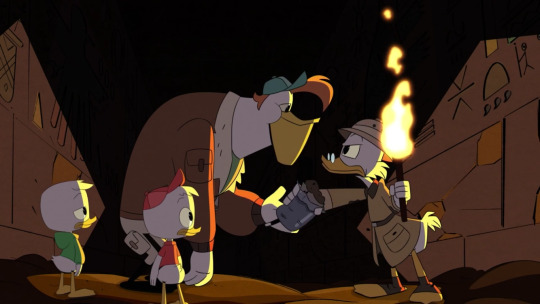I hope I am turning the corner soon on the very slow, very late novel. I'm still wading through chapter 2 (3?) and only 6K in on a planned 70K book. But once I've solved the last of the hiccups and figured out how to tell this story clearly, I should be able to lightly revise the existing chapters that takes me up to around the 2/5 mark.
Right now, she's still on the Metro out of Abbesses station in Montmartre, headed for the Louvre and having a discussion -- text chat -- with her manager/friend Drea.
This evening I started with a quick read-through and light edits. Stopped at the wingback chair to look those up and make sure that is the word for what I'm thinking of, and appropriate to the scene. Then stopped again to check the rules for punctuation around parentheses.
I'm still unhappy with italics, but it doesn't seem reliable to try to switch fonts within the Kindle system to set the book excerpts out. So all of Huxley's words are in italics unless he is being quoted. But also text chats and some foreign word are using italics.
And that's a problem; if I italicized the bits of French in Huxley's text, they'd be flipped back to plain text. I never feel that italics for other purposes really feel right when you are italicizing the whole text. Plain text is still plain text. It doesn't magically become emphasized or "hey, I'm a foreign word" just because it is surrounded by italics.
And oh yeah, my quick bit of research on Hawaiian comfort foods was still open on the browser and this time I noticed the discussion of Plate Lunch, which led to Meat and Three, which I just had to look up because it seemed like something I could use with my Tarheel, Amelia -- if they have those in North Carolina.
And, yes, they do.
But so it goes. I think of it this way; a writer is one person. The readers are legion. (In my case, a very small legion. Not even a full cohort.) So Reader A doesn't notice all the stuff you messed up about the Napoleonic Wars, because that isn't their thing. But they know all about how to prepare a proper cup of British tea, and will be unhappy with you when you get that wrong. Reader B, of course, has a completely different set of blindnesses and their "own special skills," which make them a nightmare to people like us. That is to say, writers.
There is a terrible lot of fact checking.
And not to harp (too late) but the main reason I've been doing rewrites for the last several months is not, as some of my readers seem to think (and certainly do opine) trying to get more stuff in there. It is trying and trying to take more stuff out. Trying to find the parts that are essential for the story and trimming down to that.
Over time, though, I've realized you rarely get that one perfect detail or the one perfect way to tell a scene. Instead they are always compromise, and you will drive yourself crazy trying to find that one optimal solution. You really do have to accept something that will work, and get on with the story.

